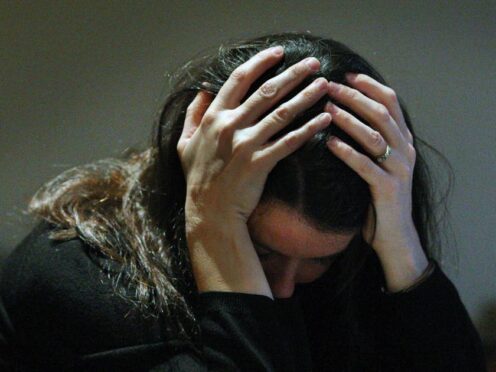
Sexual harassment and sexism is “rife” in schools, with support staff complaining of physical advances and lewd remarks, according to a new report.
Unison said its study showed that one in 10 female support staff in secondary schools revealed they have been sexually harassed, mainly by male pupils but also by male colleagues.
Responses from more than 2,000 employees across the UK working mostly in primary and secondary education, included teaching assistants, technicians, lunchtime supervisors and administrators, showed a number of incidents.
These included a male student trying to kiss a female worker and pushing her head into his crotch, boys trying to touch or slap a staff member’s bottom and a headteacher telling a female colleague to “stand here and look pretty, I’ll do the talking”.
Around one in seven school staff also reported they had witnessed sexual harassment in their workplace in the past five years.
Two in five staff who witnessed abusive incidents did not report them because they felt it was “pointless” or could affect their career, said the report.
Unison general secretary Christina McAnea said: “Parents will be horrified to learn their children are being taught in such toxic environments. The danger is that language and behaviour learned at an early age stay with pupils as they become adults and go out into the wider world.
“Any male staff with such outdated attitudes need to think carefully about how they interact with colleagues and pupils. They must ditch such highly inappropriate behaviour immediately.
“But clearly, schools can’t tackle this huge problem on their own. Parents have a proper role to play too. Sexist and demeaning words have no place in the modern class or staff room.
“The role of misogynist influencers cannot be overstated. A solution must be found before this worrying issue spirals out of control.”
Nina Humphries of Feminista, which helped with the report, added: “It is deeply concerning that misogyny is so normalised in schools. This fuels violence against women and girls and limits the aspirations of all young people.
“These joint survey results contribute to the abundance of evidence that sexism and sexual harassment are rife in the UK education system. Staff and students alike face this unacceptable behaviour. More must be done to make schools and colleges safer.”
The full report will be published at Unison’s annual conference in Brighton today.

Enjoy the convenience of having The Sunday Post delivered as a digital ePaper straight to your smartphone, tablet or computer.
Subscribe for only £5.49 a month and enjoy all the benefits of the printed paper as a digital replica.
Subscribe